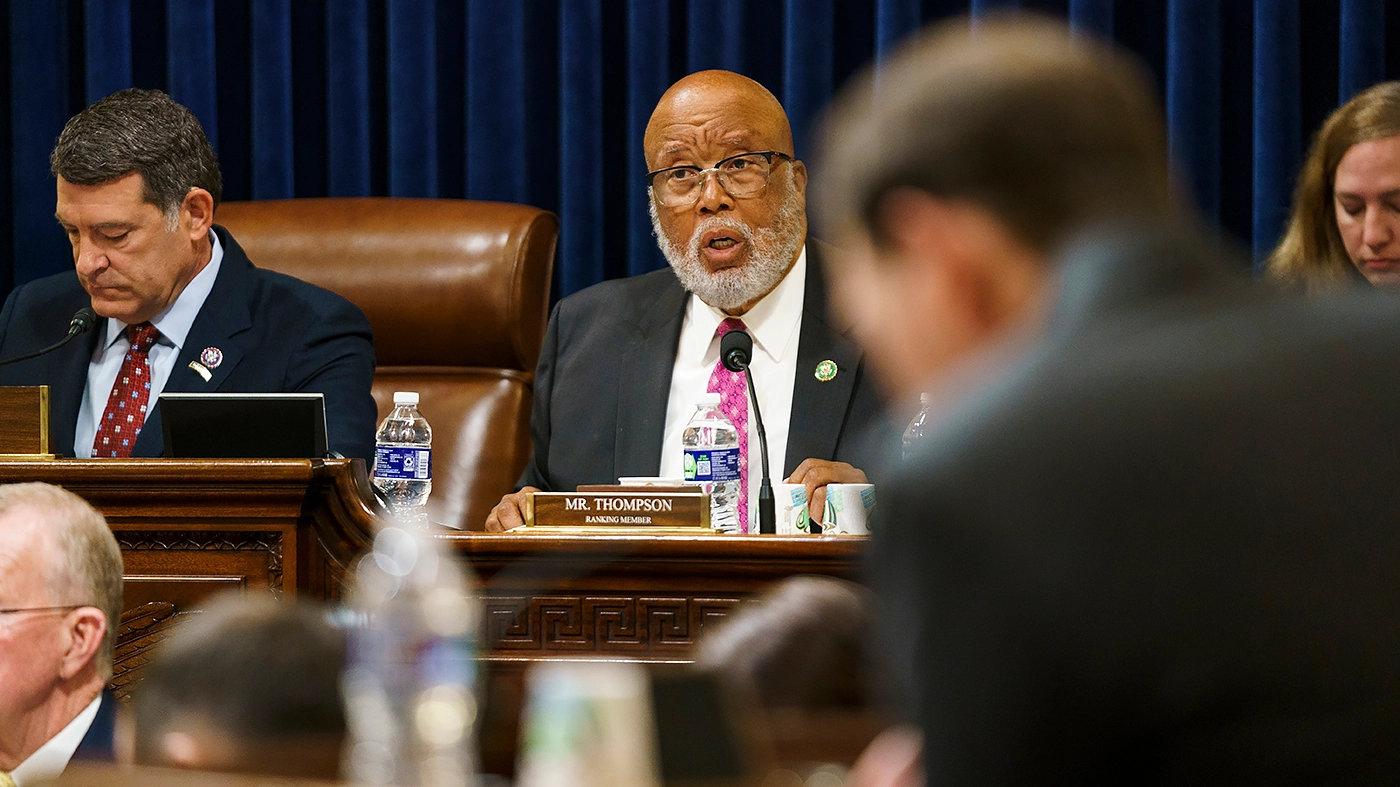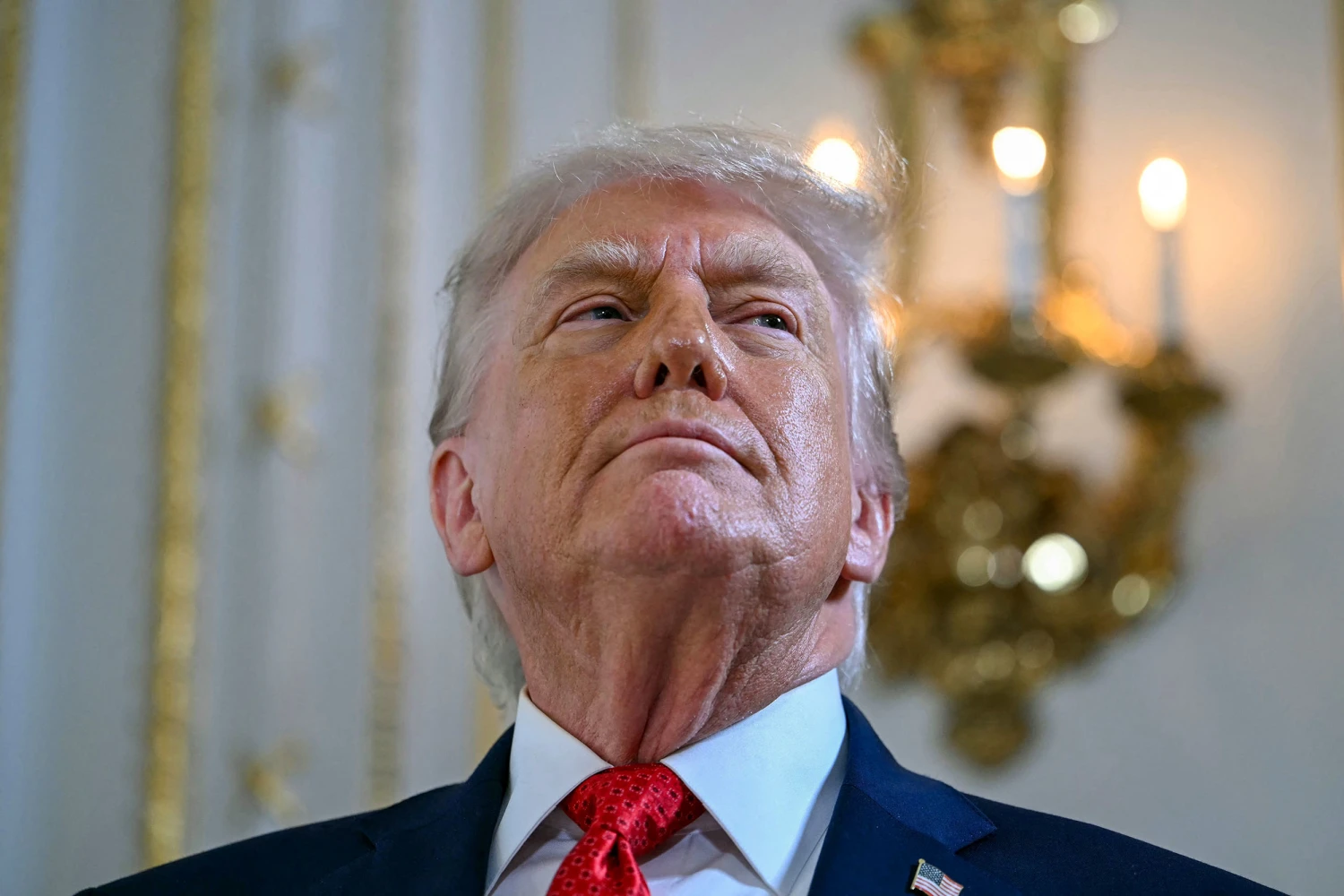Two Democratic lawmakers are calling on the inspector general of the Department of Homeland Security (DHS) to resign after he said in a hearing that he routinely deletes text messages from his government phone.
“It is troubling, to say the least, that you have been routinely destroying or deleting official government records in violation of a law that your office is supposed to enforce. Because you apparently admitted to multiple violations of Federal criminal law, you should resign immediately,” Rep. Bennie Thompson (D-Miss.), the top Democrat on the House Homeland Security Committee, and Rep. Glenn Ivey (D-Md.) wrote in a letter to Joseph Cuffari, who leads the agency’s Office of Inspector General.
Cuffari, who appeared before the House Oversight and Accountability Committee, said as much directly when under questioning by Ivey — an eyebrow-raising admission following lawmaker frustration with his handling of an investigation into missing Secret Service text messages.
“It’s my normal practice to delete text messages,” Cuffari said, answering “correct” when Ivey asked if he does this on an ongoing basis.
The two then sparred over whether those phone records should be retained.
“I don’t use my government cellphone to conduct official business,” Cuffari said, though he pushed back when Ivey asked if the messages he deleted were related to personal business.
“I did not consider those to be federal records and therefore I deleted them,” Cuffari said. “It’s a clearly defined statute that places requirements on what a federal record actually is.”
The two lawmakers said the deletions represeted “willful and intentional acts that may constitute criminal violations of the Federal Records Act (FRA)” and also internal DHS policy, which states that employees are responsible for retaining text messages.
“Only NARA [National Archives and Records Administration] can determine ‘whether recorded information, regardless of whether it exists in physical, digital, or electronic form, is a record,’” they wrote.
“As the FRA and DHS directive make clear, that was not your call to make.”
Cuffari, a Trump appointee, is under investigation by the Council of Inspectors General on Integrity and Efficiency and has been the subject of a litany of complaints in both the House and Senate as well as from his own staff.
Lawmakers on the House committee investigating the Jan. 6 attack on the Capitol were furious to learn of Cuffari’s delays in notifying them that Secret Service messages from the day of the attack were apparently lost in a software transition.
There are multiple provisions in the Inspectors General Act that require notifying agency heads or Congress about “particularly serious or flagrant problems,” in some cases within seven days.
In the same hearing Cuffari said he was also responsible for signing off on removing a reference in a semi-annual report that would have advertised the Inspector General Office’s difficulty in obtaining the messages.
“I was working with senior leadership and the Department of Homeland Security to get the records we were lawfully entitled to receive,” he said.
In the Senate, lawmakers have accused Cuffari of suppressing a report about sexual harassment at DHS.
A group of employees who work for Cuffari have also called on President Biden to remove their boss, saying they’ve lost hope the “ship will right itself.”
Cuffari’s office did not respond to request for comment on the letter.
He has also faced earlier calls to step aside from the Jan. 6 investigation — calls he did not heed.
Despite lawmaker grumblings, only Biden has the power to remove Cuffari.




